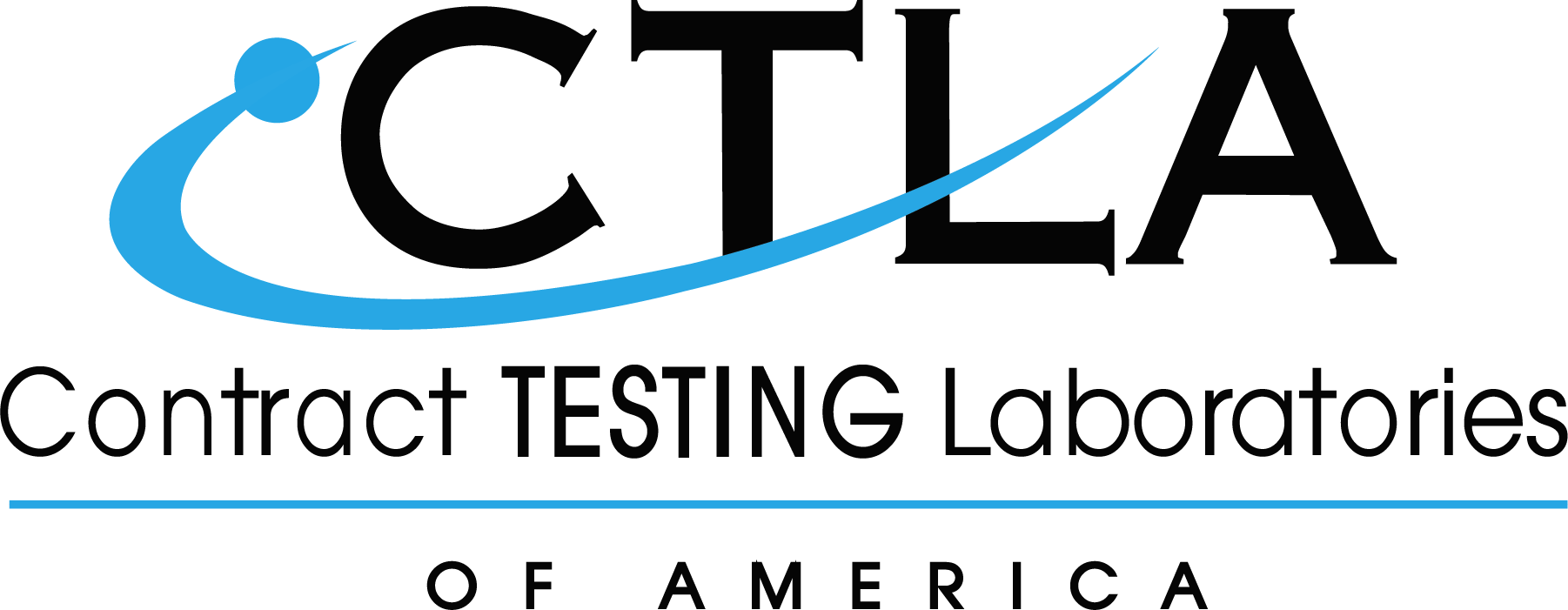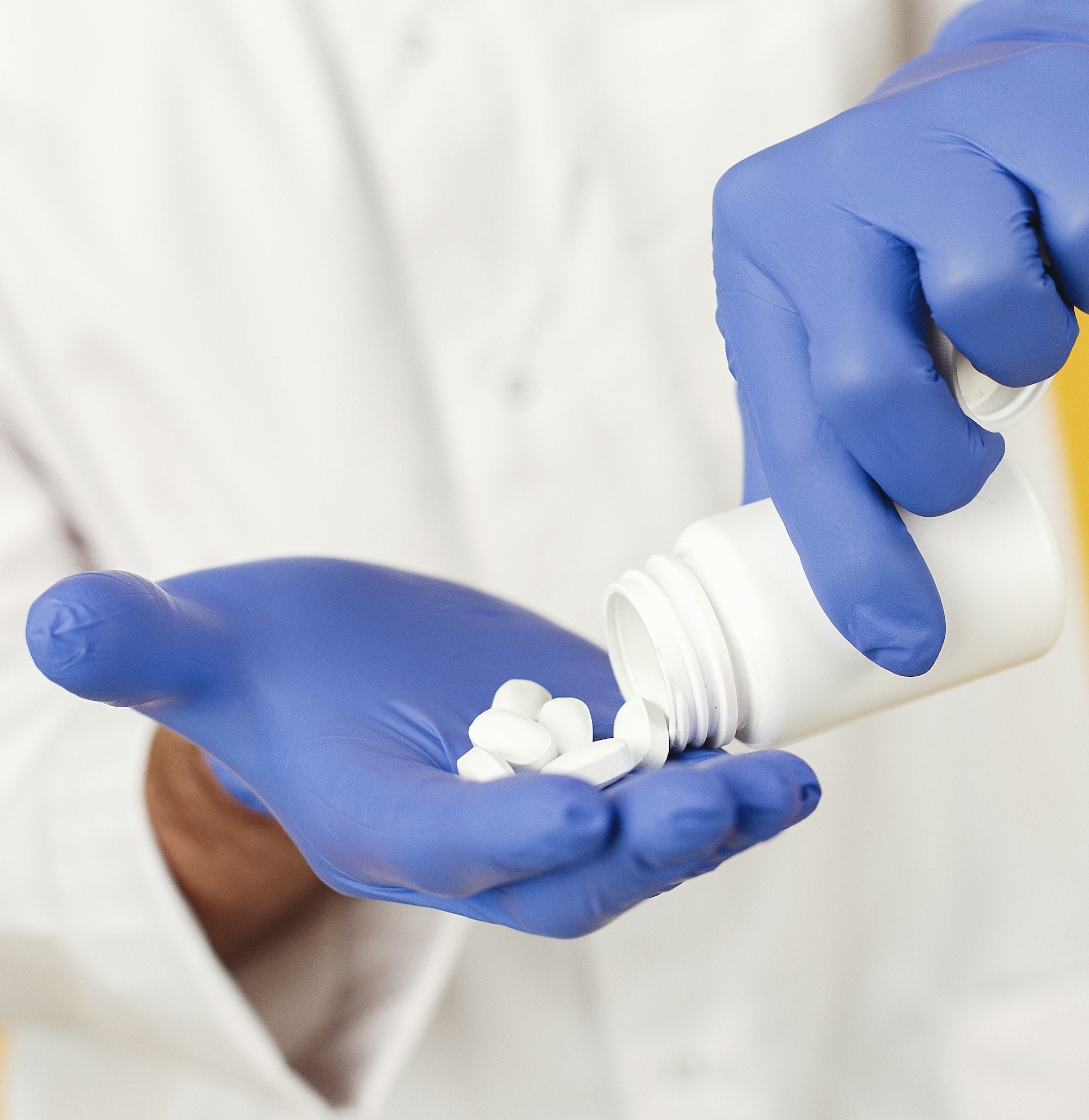
Stability Testing
What is Stability Testing?
Stability Testing, also referred to as Shelf Life Testing, is a process for determining the duration in which a product can retain its quality. Quality can be assessed by evaluating the physical, chemical, and microbiological characteristics under long-term storage. Finished goods are held at fixed storage conditions for specific time intervals when testing is performed.
Products Types
There are four types of products that commonly undergo Stability Testing: dietary supplements, food, personal care products, and pharmaceuticals. At Contract Testing Laboratories of America (CTLA), we perform Stability Testing on dietary supplements, food, and personal care products.
-
Dietary Supplements
- Includes a vitamin, mineral, herb/botanical, amino acid, concentrate, metabolite, constituent, extract, or combination of substances used to supplement the diet by increasing the total dietary intake.
2. Food
- Article or components of an article used as food or drink for people or animals.
3. Personal Care Products
- Health or beauty articles intended to be applied to the body, such as cosmetics, skin moisturizers, shampoo, toothpaste, and deodorants.
4. Pharmaceutical/Drug/Medicine
- Product intended for use in the diagnosis, cure, mitigation, treatment, or prevention of any disease.
Why Test for Product Stability?
Brand owners and contract manufacturers go to great lengths to produce a finished product that meets consumer needs. That same product can then remain on a shelf for a long time. Determining if the product will degrade, and consequently decrease in quality, benefits the consumer and the brand owner.
Conducting a Stability Test on your product enables you to establish a “best by”, “use before”, or expiration date. After that date, the quality of the product is no longer guaranteed.
Is Stability Testing Required?
That depends on the product type, company policies, certifications, or regulatory agencies.
For example, to help companies gather the necessary information to support date claims, NSF International introduced a Stability Testing guideline. This guideline is for supplements bearing expiration dates or voluntary date claims on product labels. It specifies that companies should understand the impact manufacturing, packaging, labeling, distribution, and holding/warehouse processes may have on a product’s stability.
Public health standards produced by NSF International may be used by regulatory agencies. For instance, the FDA (U.S. Food & Drug Association) may use them when conducting GMP (Good Manufacturing Practice) inspections.
Stability Study
A Stability Study involves a client working with CTLA to create a testing plan. This includes determining the method(s) to be used, the expiration time frame, what testing will be performed on the product, and the necessary testing frequency.
Methods
USP (U.S. Pharmacopeia) <1150> provides guidelines for Stability Testing. There are two methods for conducting Stability Testing: Real-Time Stability and Accelerated Stability.
- Real-Time
- Testing replicates the ambient temperature (up to 25℃) and humidity (up to up to 60% RH) a product would likely encounter on a shelf in the United States, Japan, and southern Europe. One day in this environment is equivalent to one day of shelf life.
- Accelerated
- Testing is sped up in a chamber with elevated temperature (40℃) and humidity (75% RH). According to the Arrhenius Equation (k= Ae -Ea/(RT), this is the equivalent of four times faster than real-time (i.e. 6 months accelerated = 2 years real-time).
If the accelerated method is chosen, clients can reinforce the accelerated data by requesting the product also be tested in real-time. An example of a testing schedule involving both is shown below.
Sample XYZ:
- Real-Time:
- Initial, 3 months, 6 months, 9 months, 12 months, 18 months, 24 months.
- Accelerated:
- Initial, 3 months (1-year equivalent), 6 months (2-year equivalent).
Expiration
The time begins upon submission of the products for testing. The end duration is determined by:
- How long you anticipate the product maintaining its quality, or
- How long you would like to guarantee the product quality.
Common stability study time frames include 6 months, 1 year, 2 years, and 3 years.
Testing
When determining what tests to have performed on a product, consider which aspects are susceptible to change during storage. The product’s physical, chemical, and microbiological characteristics that affect quality, safety, and potency should be considered. Some common tests include:
- Physical: Appearance, odor, color, viscosity
- Chemical: Active ingredient potency (i.e. vitamin, mineral, herb/botanical, amino acid, extract, other label claims, etc.), moisture content, pH, oxidation
- Microbiological: Total Plate Count, Total Coliforms, Yeast & Mold, pathogens, preservative efficacy
Frequency
Upon receipt of all products for a Stability Study, one product immediately undergoes initial testing. All remaining products are placed into a stability chamber. Initial testing is performed to establish a baseline. Each time a product is removed from the stability chamber for testing purposes, it is referred to as a “pull”.
The frequency a product is pulled is determined by a risk assessment performed by the client. The duration between pulls is proportional to the risk level. Therefore, a short time between pulls means the risk level is low. Conversely, a long time between pulls means the risk level is high.
Risk is evaluated by comparing your predetermined specification expectations for each test to the actual testing results.
How to Submit Your Product
Once the details of a Stability Study have been established, the product is submitted to CTLA to begin testing. The product is submitted in the same containers marketed to consumers. The number of products submitted equals the number of pulls plus one additional product for initial baseline testing. The Sample Submission Form found here….should be completed and accompany your products.
Stability Testing Report
Upon completion of initial product testing and after every pull, a Certificate of Analysis (COA) is issued to the client. The COA contains pertinent information such as the tests performed, the results of the tests, and the stability duration.
CTLA Testing Services
Contract Testing Laboratories of America is a full-service contract manufacturing testing laboratory with ISO/IEC 17025:2017 accreditation. We perform Stability Testing on dietary supplements, food, and personal care products.
Establish or confirm your expiration date to meet consumer demand with Stability Testing.
We are dedicated to outstanding customer service and communication. We are open and honest about our testing capabilities, services, and turnaround times.
Benefit from our experience and resources by contacting us today.

The content of CTLA’s website is for information only, not advice or guarantee of outcome. Information is gathered and shared from reputable sources; however, CTLA is not responsible for errors or omissions in reporting or explanation. CTLA gives no assurance or warranty regarding the accuracy, timeliness or applicability of the content.
Sources:
CFR - Code of Federal Regulations Title 21. “TITLE 21--FOOD AND DRUGS.” 2022. https://www.accessdata.fda.gov/scripts/cdrh/cfdocs/cfcfr/cfrsearch.cfm
US Food & Drug Administration. “Questions and Answers on Dietary Supplements.” 2019. https://www.fda.gov/food/information-consumers-using-dietary-supplements/questions-and-answers-dietary-supplements
US Food & Drug Administration. “Human Drugs.” 2021. https://www.fda.gov/industry/regulated-products/human-drugs#drug
NSF International. “About NSF International.” 2022. https://www.nsf.org/about-nsf
NSF International. “Nutritional Supplements, Personal Care Products and Over-the-Counter Drugs.” 2022. https://www.nsf.org/testing/health/nutritional-supplements-personal-care-products







